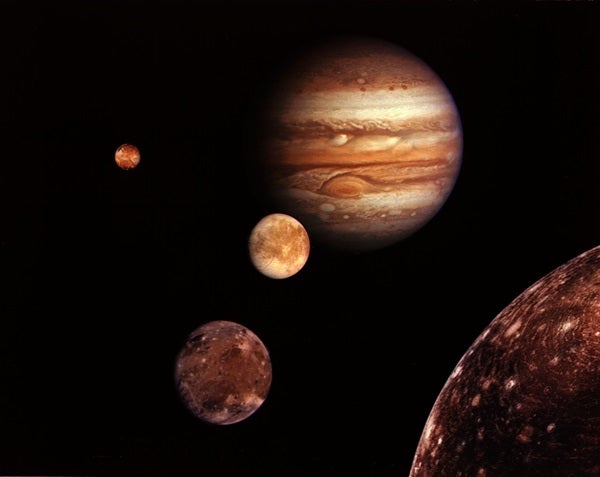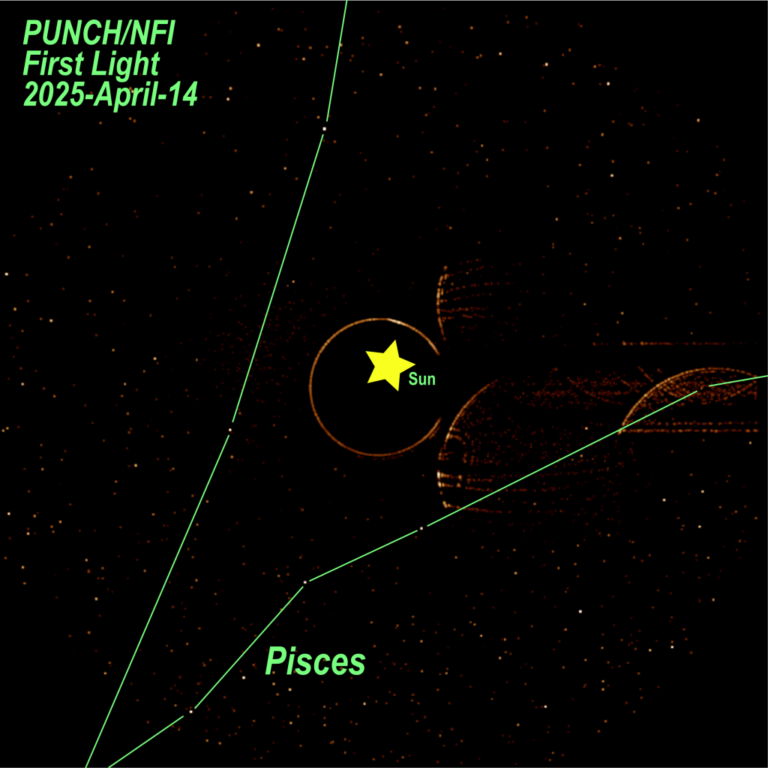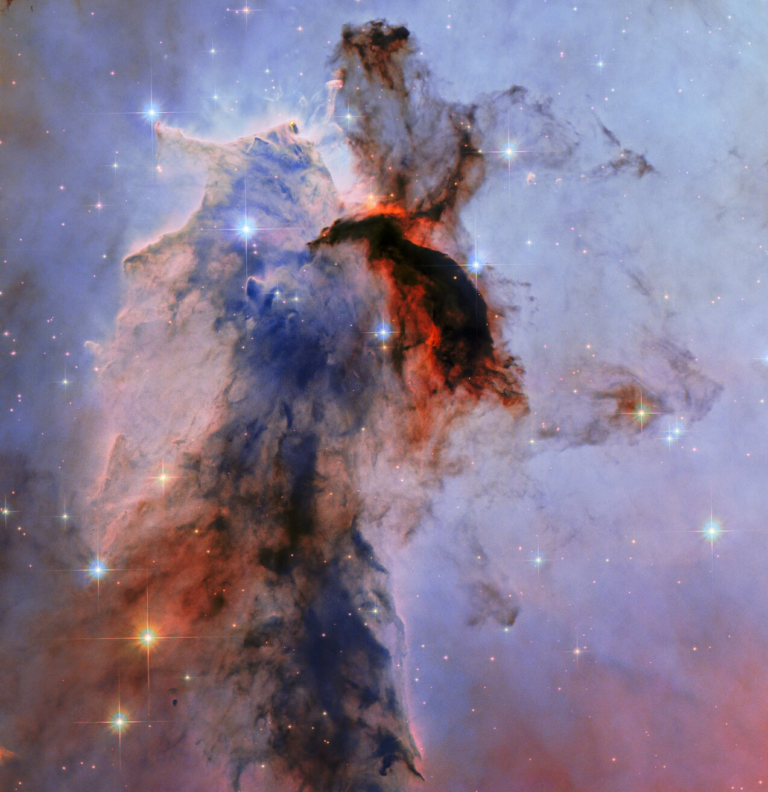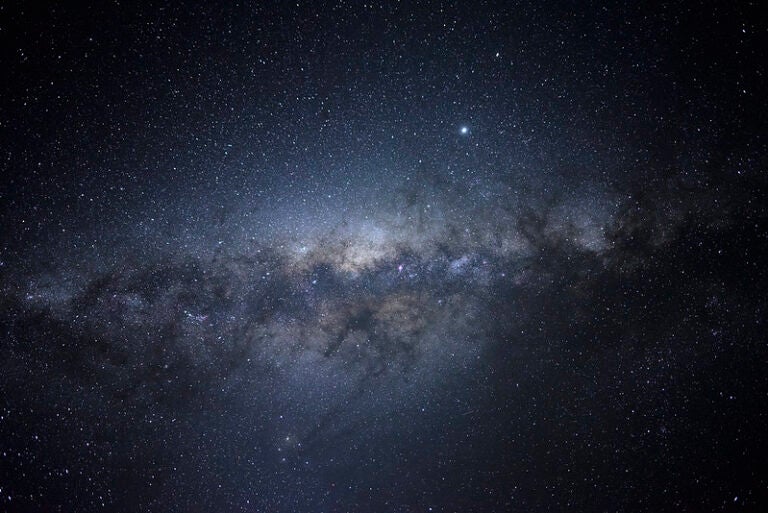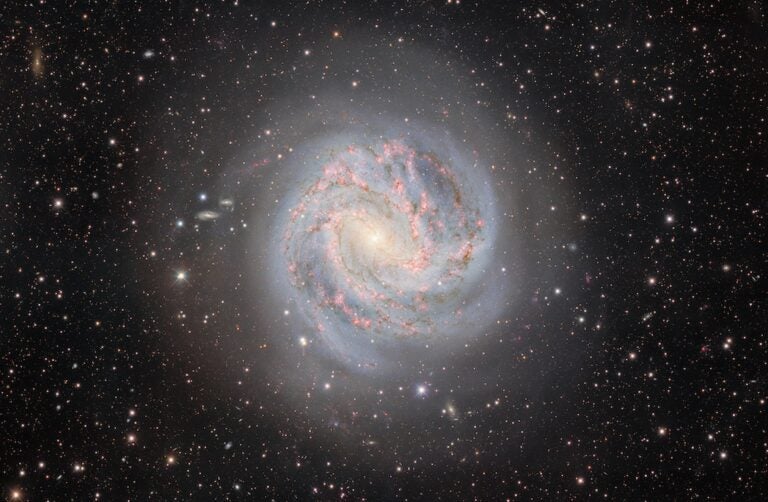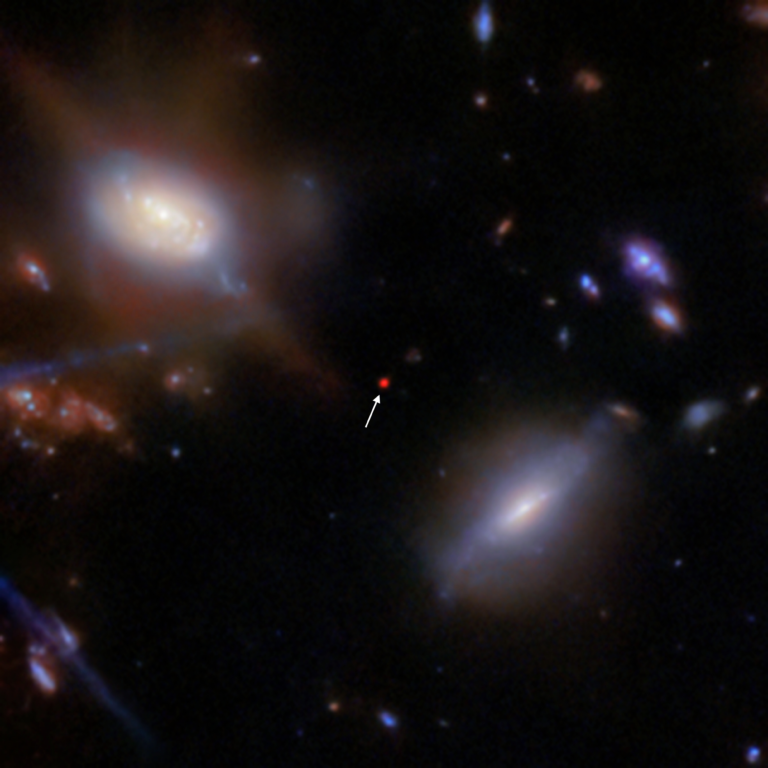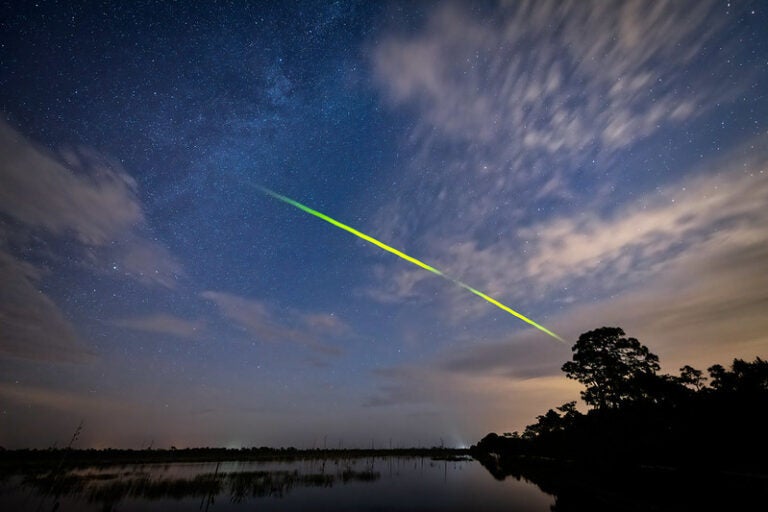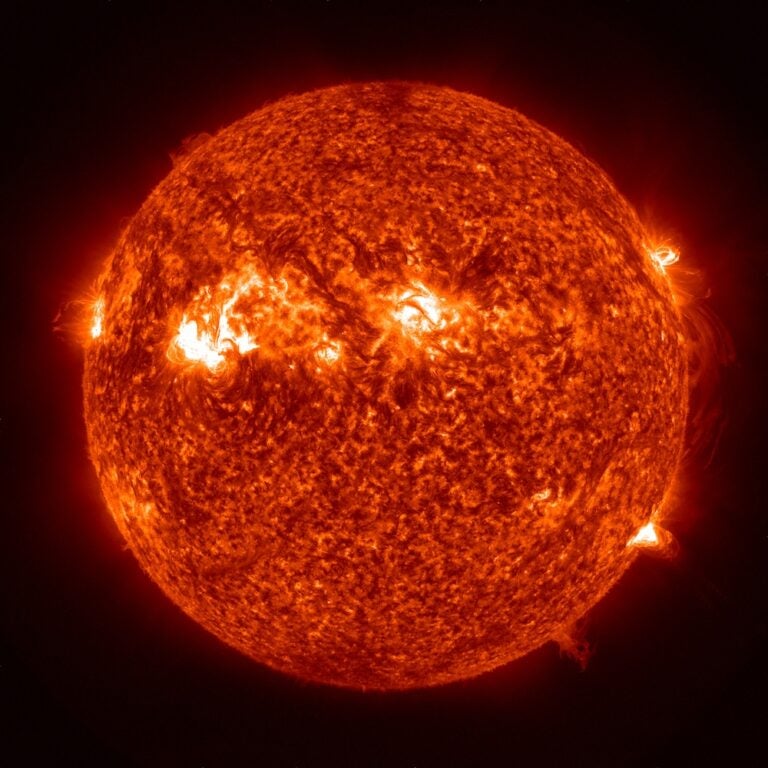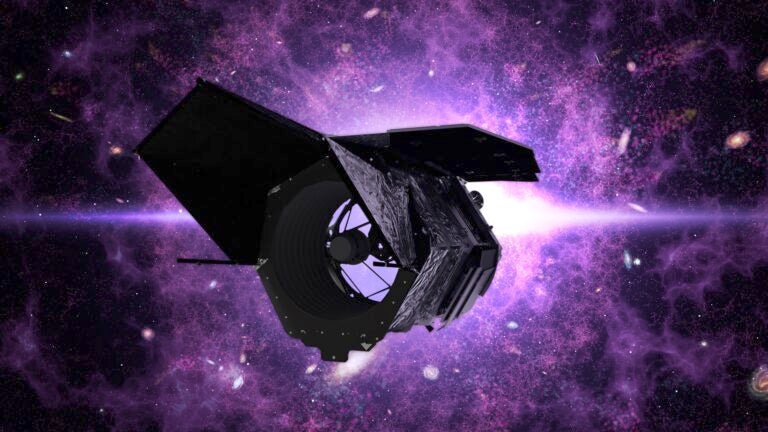As if the gas giant wasn’t impressive enough, Jupiter’s already long list of moons has just grown by two.
While on the hunt for Planet X, DTM staff scientist Scott Sheppard, along with David Tholen from the University of Hawaii and Chadwick Trujillo from Northern Arizona University, decided to point their telescopes toward Jupiter. From there, the team could study Jupiter in the foreground while continuing their search for Planet X in the background.
While making those observations, they discovered many “lost” moons in addition to two new, mile-wide moons they’re calling S/2016 J 1 and S/2017 J 1. The new moons lie about 13 million miles (21 million kilometers) and 15 million miles (24 million kilometers) from Jupiter.
Several of the moons Sheppard’s team found qualify as lost moons – despite their discovery back in 2003, there was not enough information to define their exact orbits, so astronomers lost track of them as they circled Jupiter. Some moons have been found since that time, but at the beginning of 2016, 14 were still considered lost.
While observing, Sheppard and his team added their data from 2016-2017 to data from 2003 and found five of those lost moons. They will continue observing for another year to see if they can identify the rest of the lost moons; they may find more new moons, too.
In the meantime, after checking their 2016-2017 data against images taken in 2003, the team confirmed that S/2016 J 1 and S/2017 J 1 are previously undiscovered moons, bringing the number of Jupiter’s moons up to 69.

